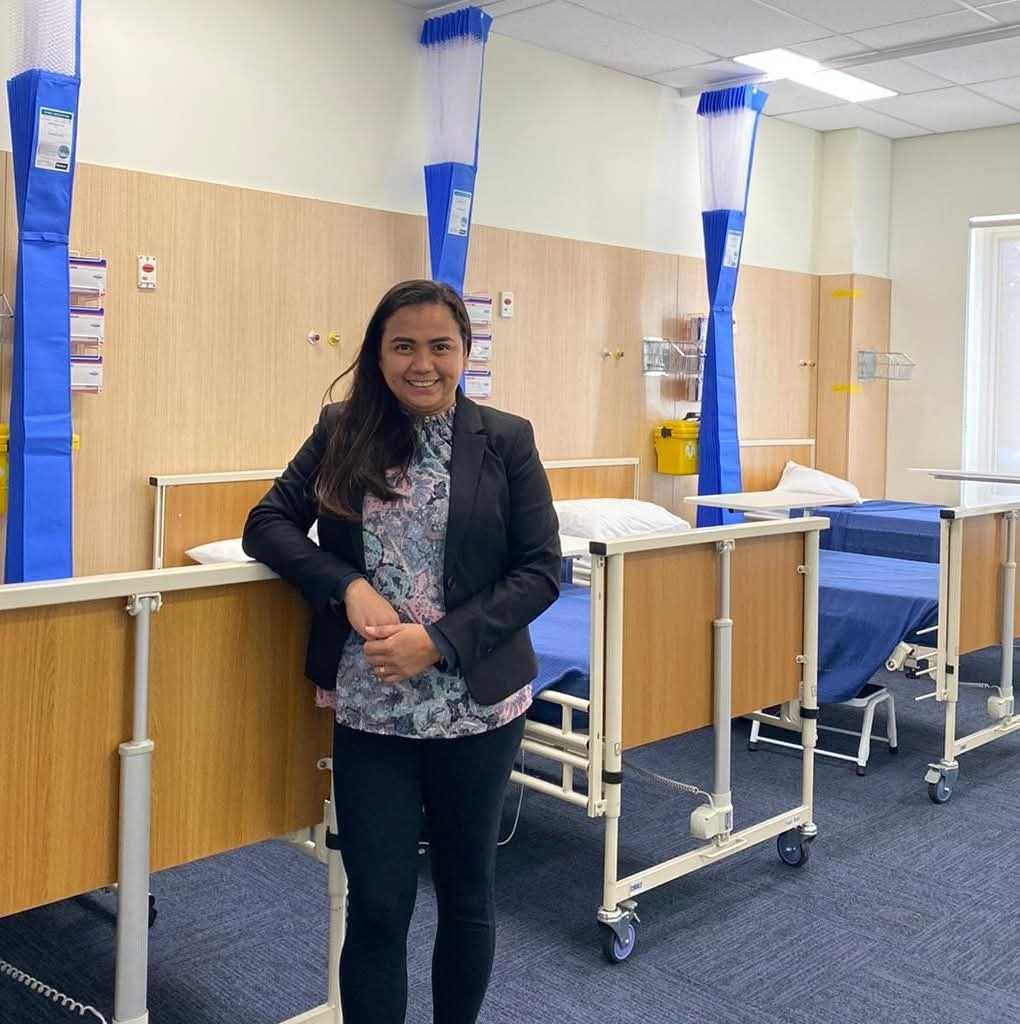
“We cannot just say to our population that we are sorry because we don’t have enough psychiatrists, we don’t have enough mental health specialists, then we can’t look after you, because where will they go?” Wagga Cr Karissa Subedi said. Photo: Facebook.
GPs will soon be able to receive training to diagnose and prescribe treatment and medication for attention deficit hyperactivity disorder (ADHD) under new reforms by the NSW Government.
At present, only specialists such as psychiatrists can administer the relevant drugs.
Minister for Regional Health Ryan Park hopes the reforms will address the long wait times and ADHD medication shortage in regional and rural communities.
ADHD is a developmental disorder in which sufferers struggle to pay attention and exhibit impulsive behaviour. It often begins in childhood and can persist into adulthood.
Wagga Councillor Karissa Subedi, who is also a nurse educator, has expressed support for the reforms amid a “healthcare crisis” but believes more action should be taken.
“I think as an immediate response, that could be a solution, but we shouldn’t be stopping there,” she said.
“I think there should be forward thinking as to what to do next.
“Because if there’s a shortage of the medication, then I think the need will still be the same, though, whether it’s a GP or someone who is specialised to do it. I think the shortage of the medication must be addressed as well.”
The Pharmacy Guild of Australia has echoed this sentiment.
“For several years, the Pharmacy Guild has been highlighting the very real difficulties caused by medicine shortages that continue to occur,” a spokesperson said.
”The current serious shortages notice system in Australia is failing patients. Shortages can be local, state-based or national and the serious shortages scheme is clearly not working.
“Pharmacists will always try to source the medicine or find an alternative. However, medicine shortages cause significant distress to patients – and their parents – as they struggle to get their essential medication.
“Medicine shortages need to be managed proactively in collaboration with industry, government and healthcare providers.
“Australia imports approximately 90 per cent of all medicines on the PBS. We need to urgently consider domestic manufacturing to provide a buffer to global threats, like tariffs or conflict, that could reshape our medicines landscape.”
Nevertheless, the guild welcomed the GP reforms.
Guild president Professor Trent Twomey said: “We have seen how successful this approach has been in community pharmacy and it’s pleasing to see other healthcare providers being able to expand the range of services offered.
“After the Cormack Scope of Practice review recommendations, all health practitioners should work to the full extent of their skills, ability and training. This will stop old and outdated systems blocking patients’ care where and when they need it most.”
Minister Park told Parliament on Tuesday that up to 1000 GPs will be trained over the next few months to diagnose and treat ADHD and clapped back at opposition from the Liberals and Nationals.
“It beggars belief on why the Opposition [Liberals and Nationals] would oppose this [reform],” he said. “I don’t understand them anyway.
“But to be able to oppose something that the RACGP [Royal Australian College of General Practitioners] support, that will ensure that men, women and children can have access to a faster diagnosis that’s cheaper and more accessible, particularly in regional and rural communities, is something that as a Health Minister, I find difficult to believe.”
Cr Subedi expressed concerns over putting too much strain on an already stretched healthcare system and warned of the threat of another massive wave of resignations.
“We cannot rely as well to give everything to our GPs because then they will have the pressure, and then have the stress,” she said.
“We don’t want the cycle to happen again that we will have massive resignations of GPs.”
At the start of the year, 200 psychiatrists walked off the job due to an ongoing dispute with the NSW Government over pay and working conditions, leaving thousands of patients stranded without care.
“There will always be a risk of whatever we will be doing. But I think if there is proper implementation and also quality checks, we can reduce those risks,” Cr Subedi said.
“We cannot just say to our population that we are sorry because we don’t have enough psychiatrists, we don’t have enough mental health specialists, then we can’t look after you, because where will they go?”
Original Article published by Erin Hee on Region Riverina.






